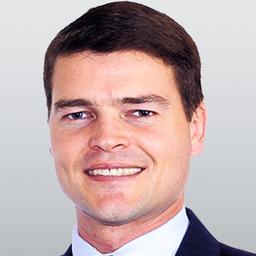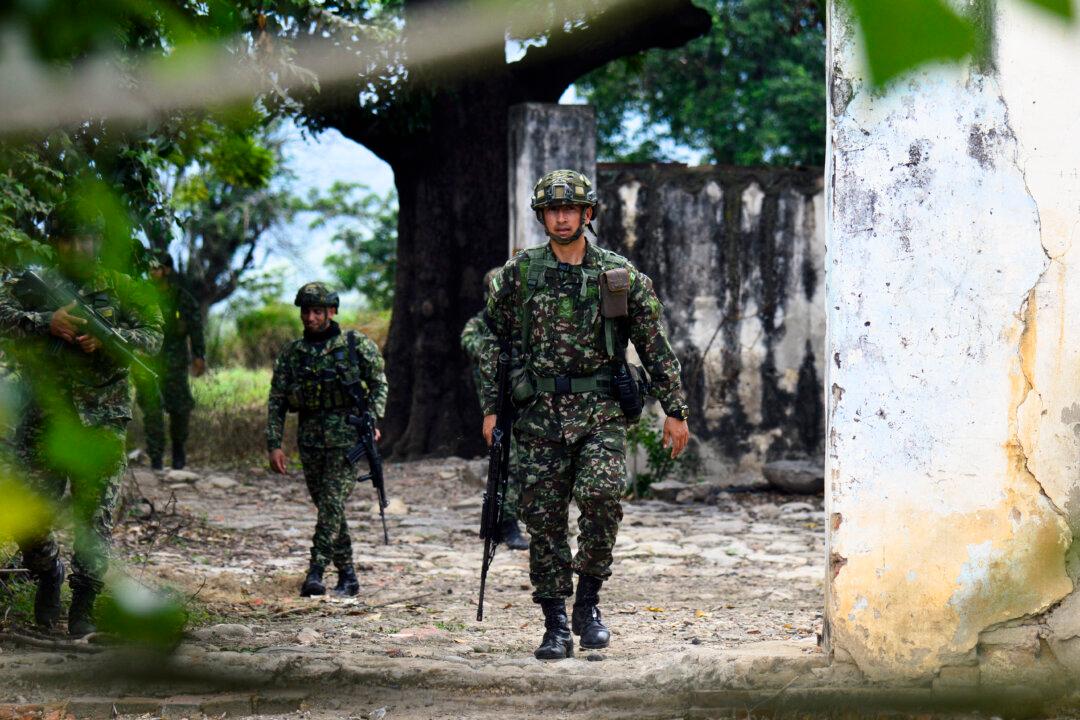As Venezuela implodes before our eyes, one cannot overstate the destruction, suffering, and deceit stemming from socialism in Latin America.
Socialism’s centralized economic planning and violations of property rights have brought crushing poverty to Cuba, hyperinflation and chaos to Venezuela, and moral degradation to Argentina. To maintain this inhumane system of redistribution and monopolization—as people resist and flee— regimes throughout Latin America have resorted to either dictatorships, such as in Nicaragua, or flagrant violations of free speech and association, such as in Ecuador and Bolivia.





